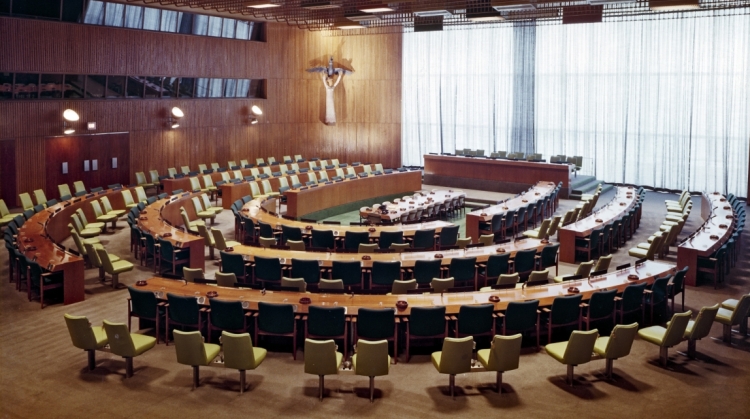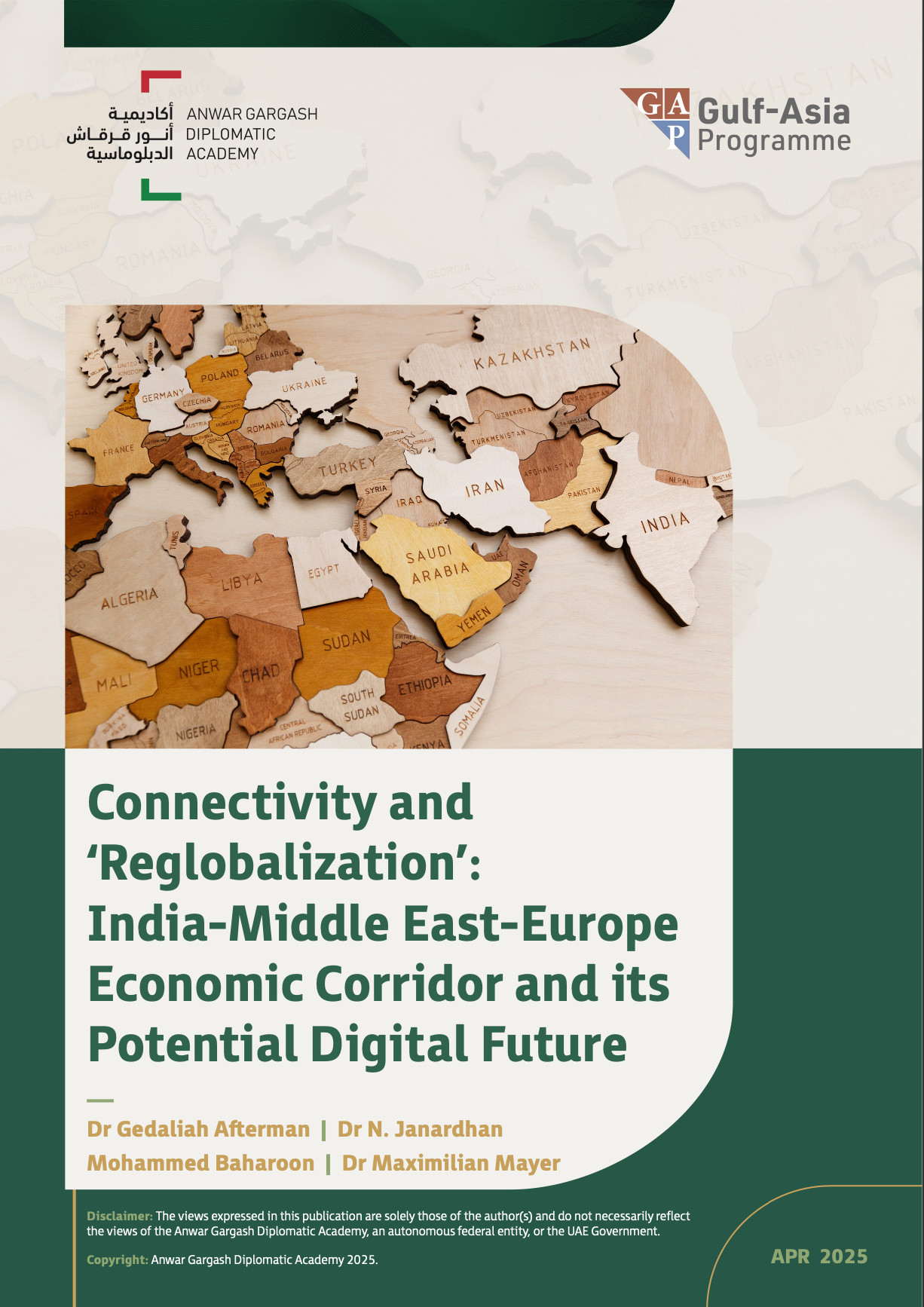In June 2024, I had the privilege of representing MENA2050 as a speaker at The Young Leaders Summer Academy held at Bonn University. My presentation focused specifically on the water crisis in the MENA region, a pressing challenge that exacerbates food insecurity and drives human migration, particularly in conflict zones.
I would like to share the essence of my presentation below.

Challenge: The Water Crisis in Yemen
The water crisis in Yemen serves as a critical case study, illustrating the severe consequences of inadequate water management and climate change. Yemen’s water scarcity has reached emergency levels, threatening the livelihoods of millions and significantly impacting public health. The effects of this crisis are felt not only within Yemen but ripple across the region, increasing tensions and complicating conflict resolution efforts.
In my presentation, I outlined the following key points:
1. Impact on Vulnerable Populations: The water crisis disproportionately affects marginalized groups, particularly women and youth. In regions like Alahwaz, women and young people bear the brunt of water scarcity, facing economic hardships and social marginalization.
2. Pathways to Resilience: I discussed the need for sustainable water management practices and investment in resilient water systems. This includes promoting alternative energy sources and fostering corporate partnerships that can drive innovation.
3. Policy Recommendations:
– Enhancing Water Security: Governments and organizations should prioritize investments in water resilience projects and infrastructure development.
– Empowering Communities: Engage local populations, particularly women and youth, in decision-making processes to ensure that solutions are effective and equitable.
4. Collaboration and Conflict Resolution: I emphasized the importance of regional cooperation in addressing shared water resources. Creating diplomatic channels for collaboration can help mitigate the risk of conflict over water scarcity.
Example of Innovation: The Use of Desalination Technology
One innovative approach to addressing water scarcity discussed during the conference is the implementation of desalination technology. In several MENA countries, advancements in desalination processes have provided a viable solution for transforming seawater into potable water.
For instance, countries like Saudi Arabia have invested heavily in large-scale desalination plants that not only supply drinking water but also support agricultural needs. These facilities use energy-efficient techniques, such as reverse osmosis and solar-powered desalination, which significantly reduce costs and environmental impact. By harnessing local renewable energy sources, these projects can help mitigate the region’s reliance on non-renewable resources while enhancing water security.
Conclusion: A Call for Action
The discussions at The Young Leaders Academy underscored the urgent need for action on the water crisis in the MENA region. By focusing on sustainable solutions and empowering vulnerable populations, we can create pathways toward stability and prosperity.Incorporating innovative technologies like desalination can serve as a model for other countries facing similar challenges. As we move forward, I hope that insights from this presentation will inspire policymakers, organizations, and young leaders to work collaboratively in devising innovative strategies that address the water crisis and its cascading effects on food security and human rights.




